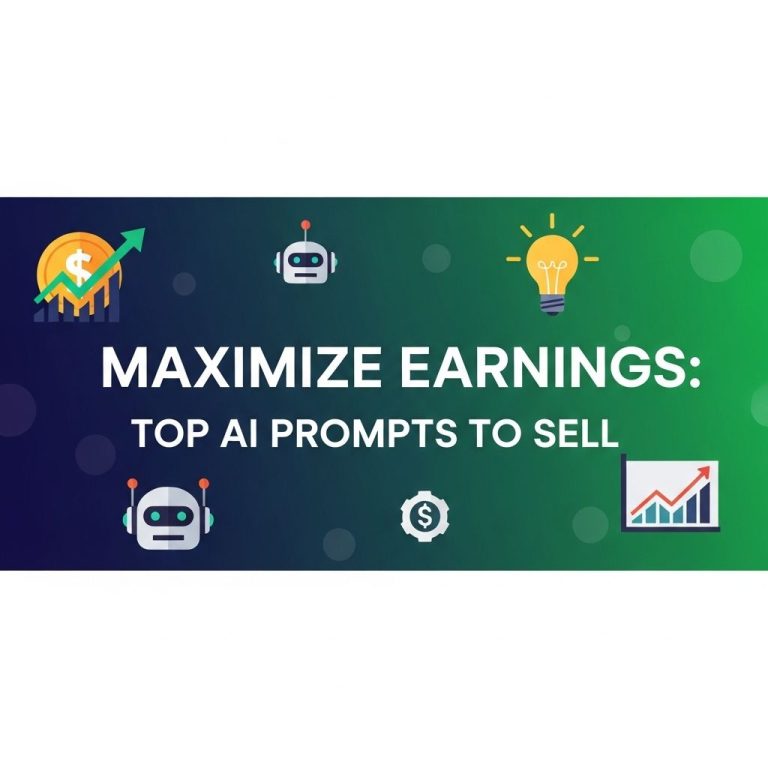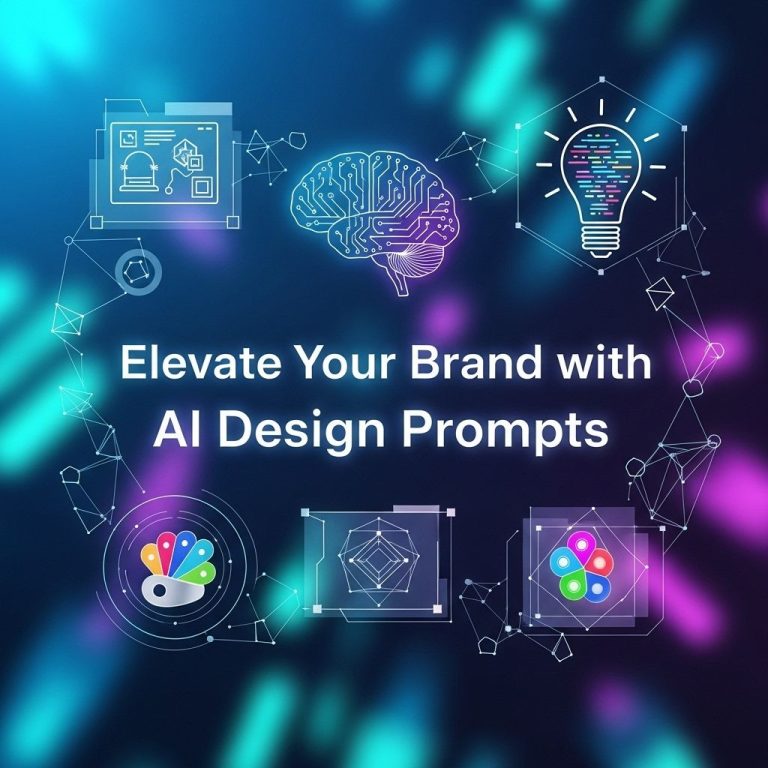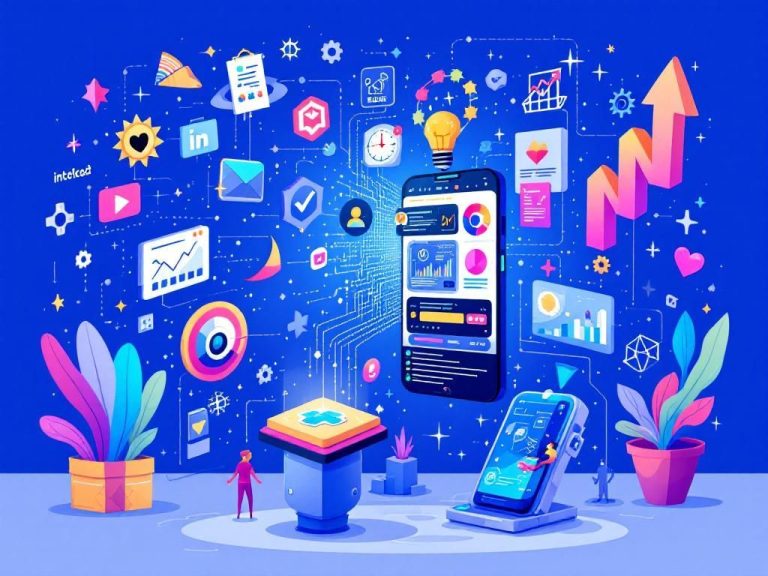In the rapidly evolving landscape of digital commerce, businesses are increasingly turning to artificial intelligence (AI) to enhance customer experiences and drive sales. AI-powered personalization not only tailors content to individual preferences but also optimizes marketing strategies by analyzing consumer behavior. This article explores various facets of AI-driven personalization and its pivotal role in boosting sales in 2025.
The Rise of AI in E-Commerce
As we move deeper into the digital age, the importance of AI in e-commerce cannot be overstated. Here are some key reasons behind its rise:
- Data Analysis: AI can process vast amounts of data quickly, providing insights that were previously unattainable.
- Customer Insights: By analyzing user behavior, preferences, and demographics, businesses can create more targeted marketing campaigns.
- Efficiency: Automating routine tasks allows teams to focus on strategic initiatives, enhancing overall productivity.
Understanding Personalization
Personalization in e-commerce refers to the ability to tailor shopping experiences to individual users based on their behavior, preferences, and interactions. This can manifest in various ways:
Types of Personalization
- Product Recommendations: Suggesting items based on past purchases or browsing history.
- Dynamic Content: Altering website content in real-time to match user interests.
- Email Marketing: Sending personalized emails based on user behavior and preferences.
Implementing AI-Powered Personalization
To successfully implement AI-driven personalization, businesses need to follow several critical steps:
1. Data Collection
Data is the cornerstone of effective personalization. Brands must gather data from various sources:
| Data Source | Description |
|---|---|
| Website Analytics | User behavior on the website, including page views and click-through rates. |
| Customer Feedback | Surveys and reviews that provide insights into customer preferences. |
| Social Media | User interactions and engagement levels across social platforms. |
| Purchase History | Information on past purchases and customer loyalty patterns. |
2. AI Tools and Technologies
Several AI tools can facilitate personalized experiences:
- Machine Learning Algorithms: These algorithms analyze data patterns and predict future behavior.
- Natural Language Processing (NLP): Used to analyze customer feedback and sentiment.
- Recommendation Engines: Systems that suggest products based on user data.
3. Testing and Optimization
Once the personalization strategy is implemented, it’s crucial to continuously test and optimize:
- A/B Testing: Compare different versions of a webpage or email to see which performs better.
- Customer Feedback: Regularly gather feedback to adjust personalization tactics.
- Analytics Review: Continuously monitor analytics to identify trends and areas for improvement.
The Benefits of AI-Powered Personalization
The integration of AI in personalization strategies offers numerous benefits:
Increased Engagement
Personalized experiences lead to higher engagement rates. Customers are more likely to interact with content that resonates with their interests.
Improved Conversion Rates
When consumers receive tailored recommendations, they are more likely to make purchases, leading to improved conversion rates.
Enhanced Customer Loyalty
Personalization fosters a sense of recognition and appreciation among customers, thereby enhancing loyalty.
Challenges to Consider
Despite the advantages, businesses must be wary of potential challenges:
Data Privacy Concerns
With increased data collection comes the responsibility to protect customer information. Businesses must comply with regulations such as GDPR.
Technology Integration
Integrating AI solutions with existing technologies can be complex and may require significant investment.
Keeping Up with Trends
The fast-paced world of technology means that businesses must be agile and ready to adapt to new trends and tools.
Future Trends in AI-Powered Personalization
As we head towards 2025, several trends are likely to shape the future of AI-powered personalization:
1. Predictive Analytics
Predictive analytics will allow businesses to anticipate customer needs and tailor their offerings accordingly.
2. Voice Search Personalization
With the rise of smart speakers and voice search, businesses will need to optimize their personalization efforts for voice interactions.
3. Hyper-Personalization
A move towards hyper-personalization, where experiences are tailored to an unprecedented level of detail, will become crucial.
Conclusion
AI-powered personalization is set to transform the e-commerce landscape in 2025. By leveraging data, understanding consumer behavior, and integrating advanced technologies, businesses can create highly personalized experiences that not only boost sales but also foster long-term customer relationships. As the digital commerce environment continues to evolve, those who embrace AI-driven strategies will be well-positioned to thrive.
FAQ
How does AI-powered personalization boost sales?
AI-powered personalization enhances customer experiences by analyzing data to deliver tailored recommendations, increasing engagement and conversion rates.
What are the key benefits of using AI for sales personalization?
Key benefits include improved customer insights, targeted marketing, increased customer loyalty, and higher sales conversion rates.
What types of businesses can benefit from AI personalization?
Virtually any business, from e-commerce to service industries, can benefit from AI personalization to better understand and cater to their customers’ needs.
How can I implement AI personalization in my sales strategy?
You can implement AI personalization by integrating AI tools that analyze customer data, utilizing machine learning algorithms, and continuously optimizing your marketing campaigns.
What are some examples of AI-powered personalization techniques?
Examples include personalized product recommendations, dynamic pricing strategies, customized email marketing, and targeted advertisements based on user behavior.
Will AI personalization continue to be relevant in 2025 and beyond?
Yes, as technology evolves and customer expectations rise, AI personalization will remain crucial for businesses to stay competitive and enhance customer satisfaction.




